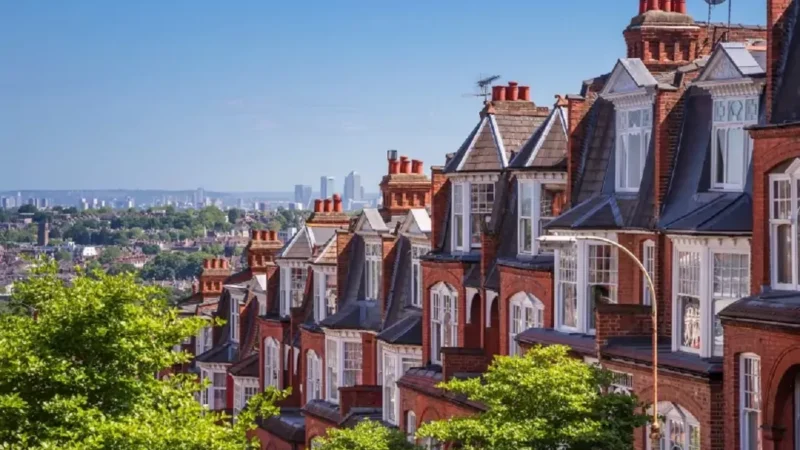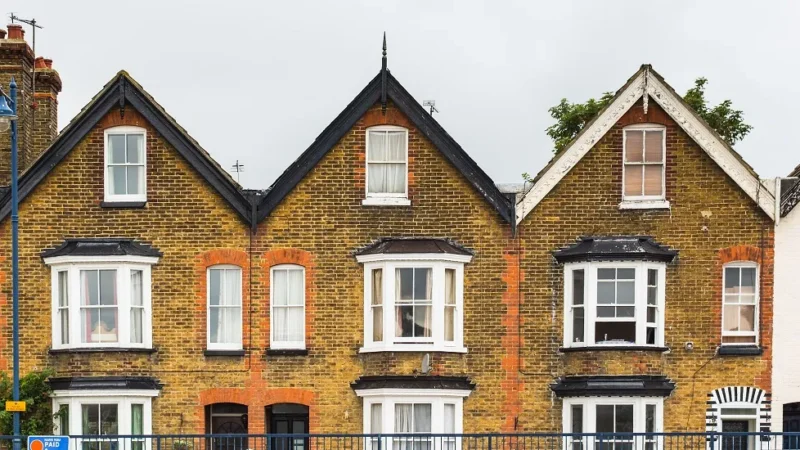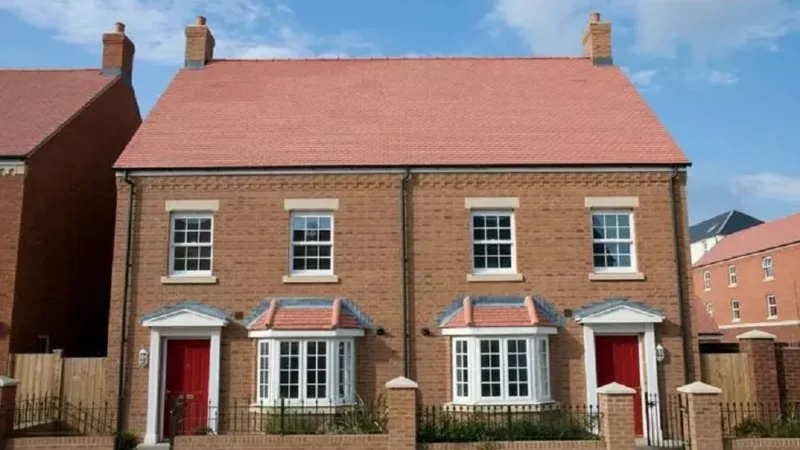Deposit Required For First Time Buyer?

Table of Contents
ToggleDeposit Required For FTB
The UK mortgage is a type of loan that is made for the purpose of purchasing a property. The borrower pays back the loan to the lender in order to purchase a property.
The deposit is the amount of money that the buyer puts down to show that they are serious about buying. It is usually a percentage of the purchase price.
Before you can apply for a mortgage, the lender will require a deposit. The amount of deposit required will depend on the type of mortgage you’re applying for, as well as your individual circumstances.
What deposit for first time buyers?
Mortgage is the largest financial commitment for most people is buying their first home. This is because in the UK, first time buyers are required to make a deposit and there is no ‘no deposit for first time buyers’ rule.
How much deposit for first time buyer in 2024
The amount of deposit varies between lenders, but it is typically around 10% of the purchase price. There are also some lenders that don’t require any deposit at all if your credit score is high enough.
You can find out the deposit required for first time buyers by using a mortgage calculator. The first step is to find out how much you need to save in order to get a mortgage. To do this, use a mortgage calculator and enter the amount you want, your monthly savings and the length of time you have been saving. The calculator will tell you how much money you need to save in order to get your desired loan amount and when it will be available for use.
What is average deposit for first time buyer UK ?
The UK mortgage market is a competitive one, with many lenders competing for your business. While the average deposit for first time buyer UK has been increasing in recent years, it seems that we are now approaching a turning point. The average deposit required for first time buyers in 2022 will be £30,000 according to new research from Lloyds Bank.
This is a significant decrease from the £50,000 average deposit requirement seen in 2017 and this forecasted decrease could be down to the fact that lending restrictions have been eased and house prices are improving.
The purpose of this scheme is to help stop the rise of house prices and make housing more affordable for people on low incomes. The government also claims that this scheme will help first time buyers get onto the property ladder quicker, as they will not have to save up as much money as before.






